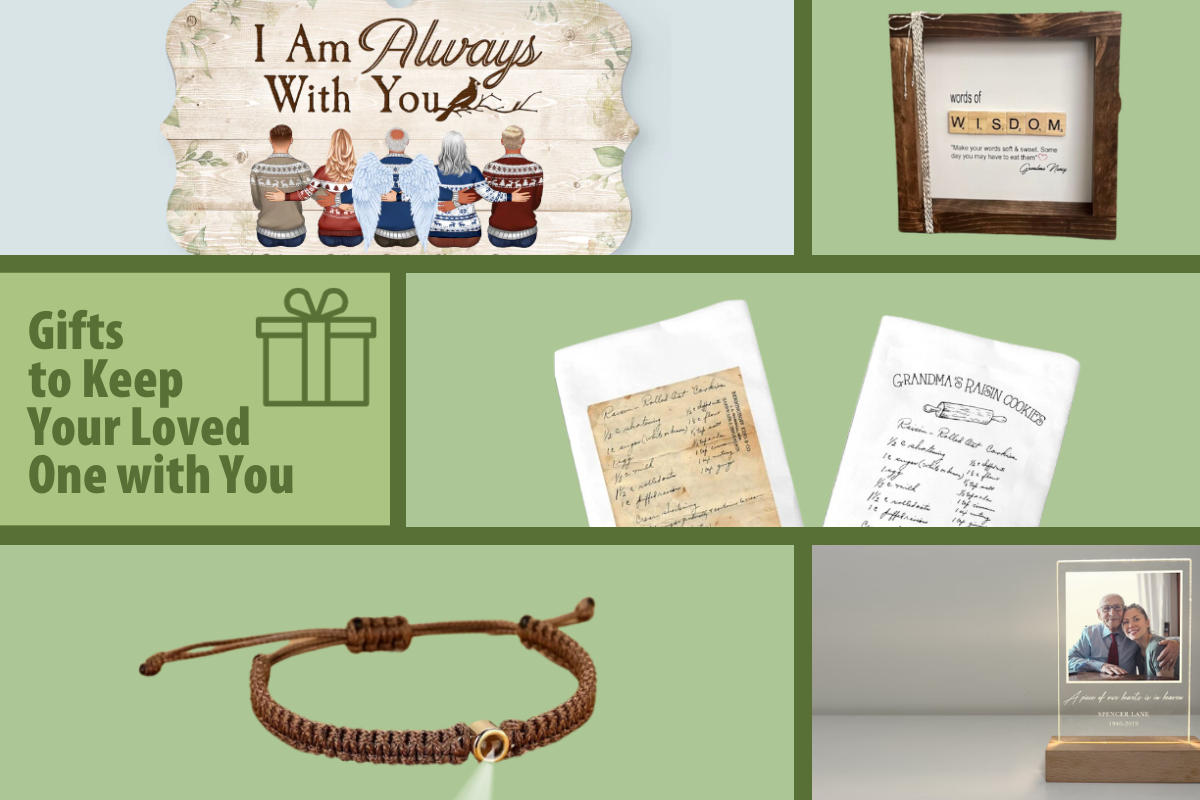What is Disenfranchised Grief?

When Susan’s ex-boyfriend died in a car accident, she was devastated by the loss. Friends and family were surprised and didn’t know how to support her. After all, they hadn’t spoken in years. Why was she so upset? Did she even have a right to be?
Susan was experiencing disenfranchised grief – and it’s more common than most people realize.
What is disenfranchised grief?
The term disenfranchised grief is used when a person is mourning a loss that isn’t usually socially accepted, acknowledged, or publicly mourned. Friends and family – and society in general – often disenfranchise mourners when they fail to recognize the importance of the relationship, the importance of the loss, and the importance of grieving that loss.

What are some examples of disenfranchised grief?
Disenfranchised grief can occur in a wide variety of situations, but some of the most common are:
- The loss of someone that society views as not a close enough relationship for grief. Examples include ex-partners, co-workers, children of an ex-spouse, or a neighbor.
- The loss doesn’t seem important enough. Examples include losing a pet and non-death loss like losing a job or ending a marriage.
- The loss of someone from a complicated relationship. This can include a partner from an extramarital affair, an ex-spouse, or an estranged relative.
- A loss that involves a stigma such as overdose, suicide, or even miscarriage.
- The slow loss of someone with dementia as their memory and personality slips away.
- Societal disapproval of the way someone is grieving, which can be viewed as too little or too much.
In short, disenfranchised grief is grief that doesn’t fall neatly into an expected societal box. It is helpful to remember that every loss is unique and no one can tell you how to feel.

How do you cope with disenfranchised grief?
One of the biggest problems with disenfranchised grief is that friends and family who are typically supportive in difficult times genuinely don’t realize their loved one is mourning a loss. Start getting help by talking to your support system about how difficult this loss has been for you.
If you don’t have a personal support network, there are bereavement counsellors available to talk and support groups online for almost any type of loss. This type of grief support can be very helpful as you work through your loss.
If your grief is interfering with your work, talk to your HR department. If the loss doesn’t fit into their bereavement policies the way a close family member does, you may still be able to use personal time or sick time to mourn or attend a funeral.
Finally, one of the best ways to cope with a loss is to find a personal way to recognize and honor what you have lost. Some ideas for rituals include:
- Lighting a candle in memory of the one you have lost.
- Planting a tree in their honor.
- Writing a letter to say goodbye.
- Making a memory box.
- Holding a private memorial.
It is more difficult to process a loss when those around you don’t recognize the impact it has had on you. Crossroads Hospice & Palliative Care provides complimentary grief support in all the communities we serve. Please call us at 1-888-564-3405 if you need support.
If you found this information helpful, please share it with your network and community.
Copyright © 2021 Crossroads Hospice & Palliative Care. All rights reserved.




